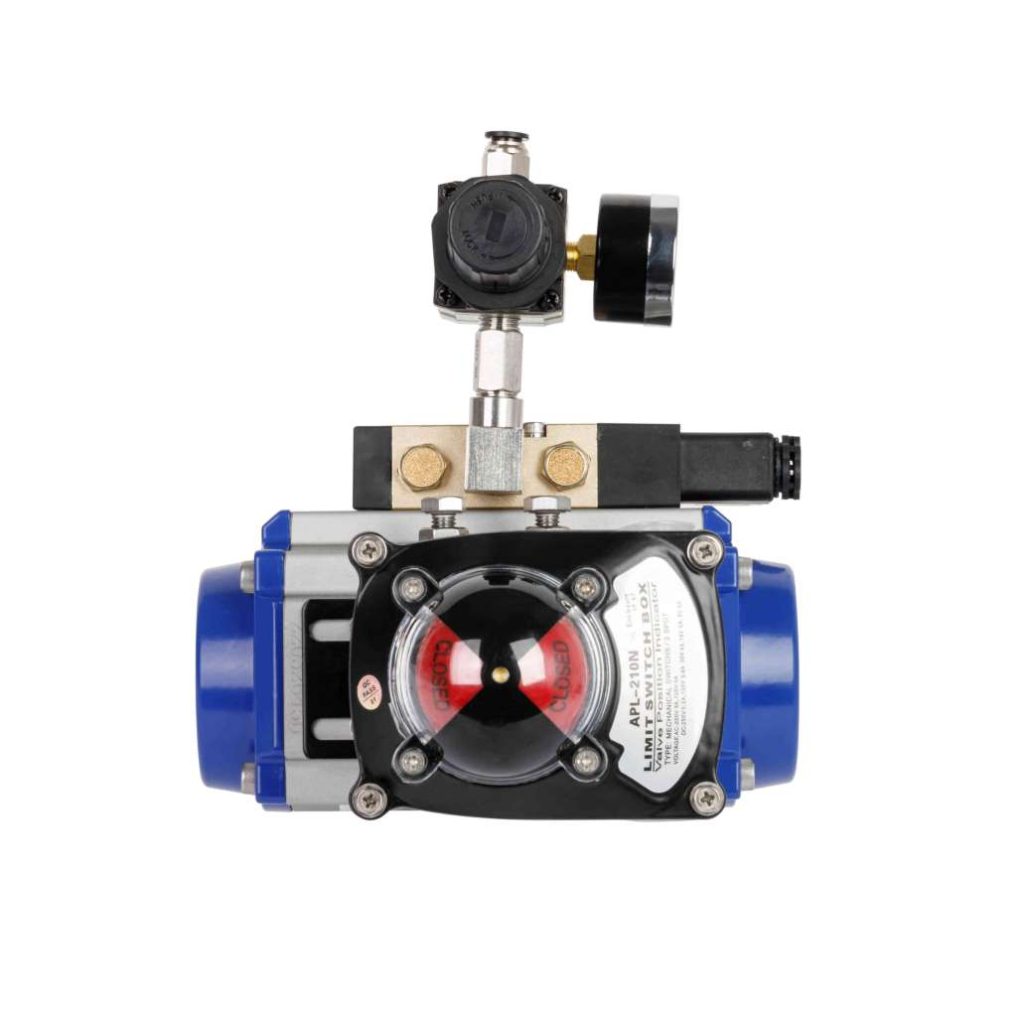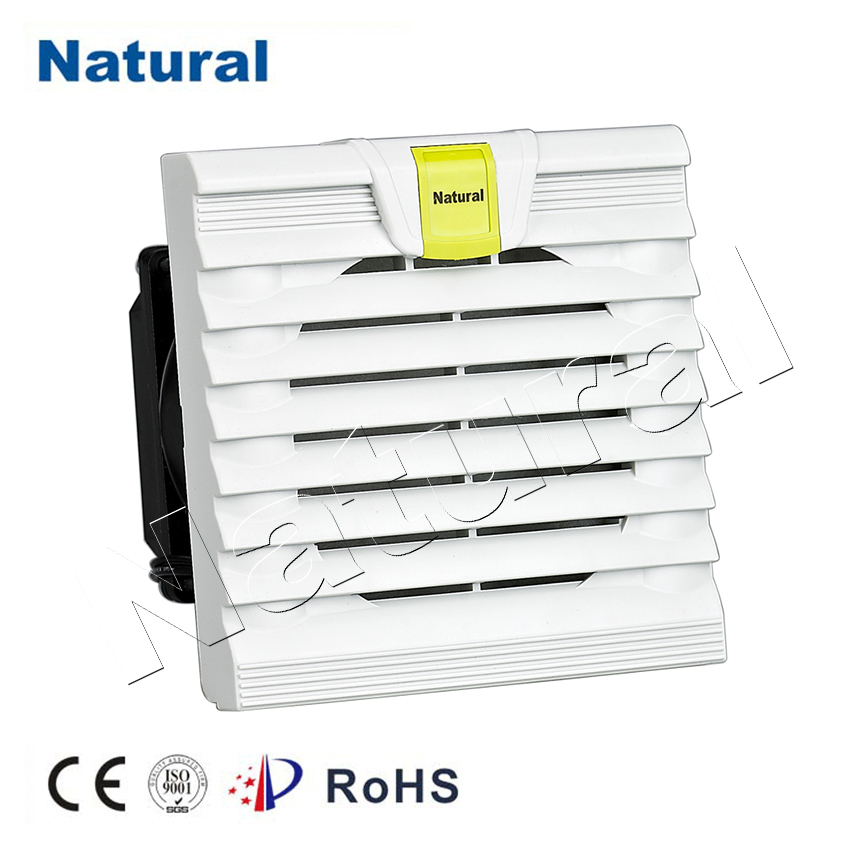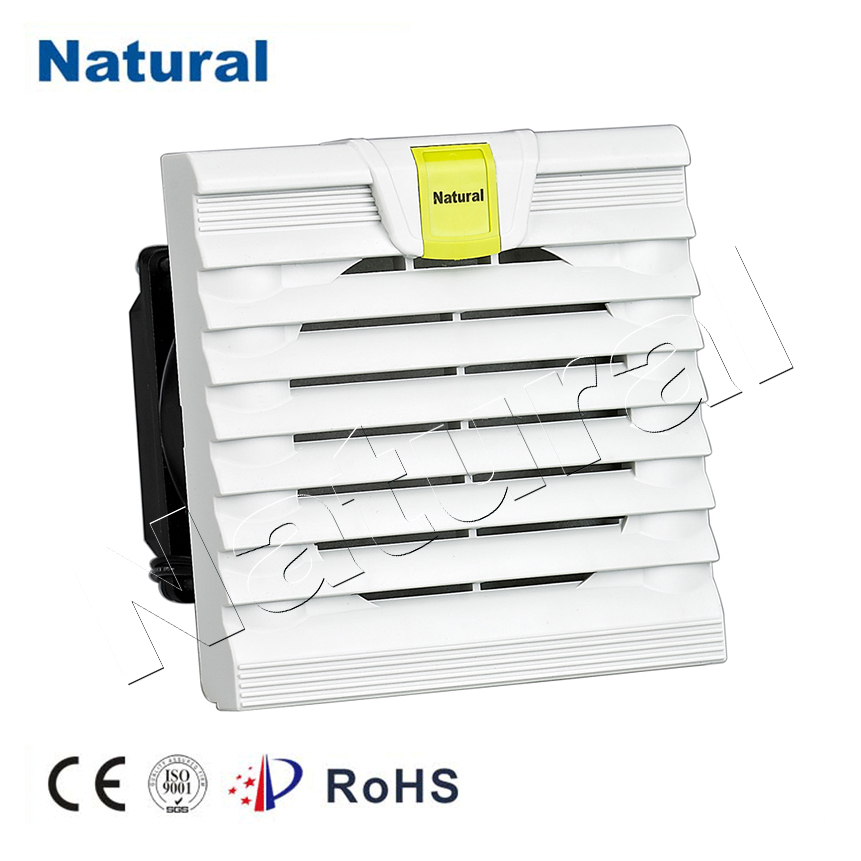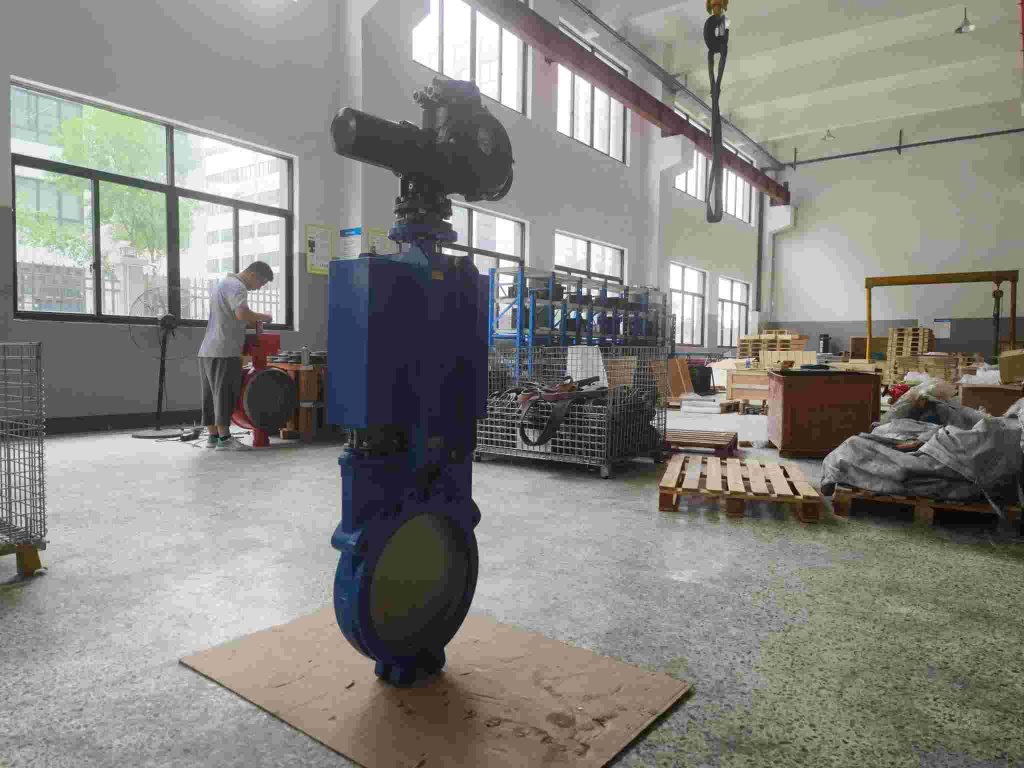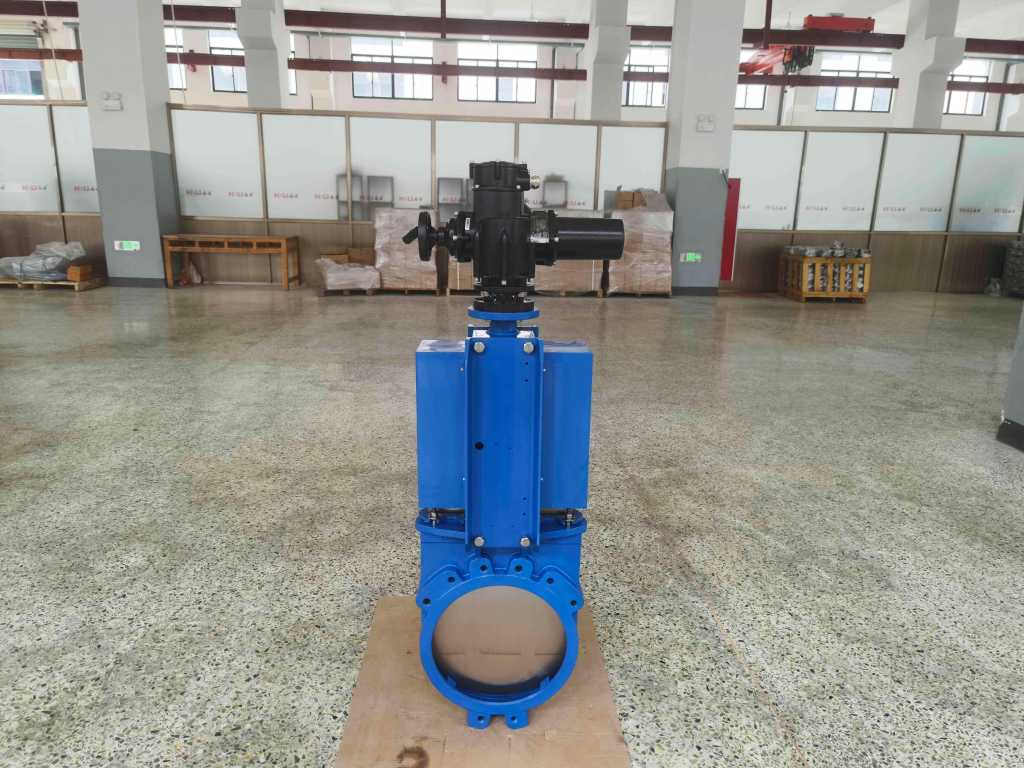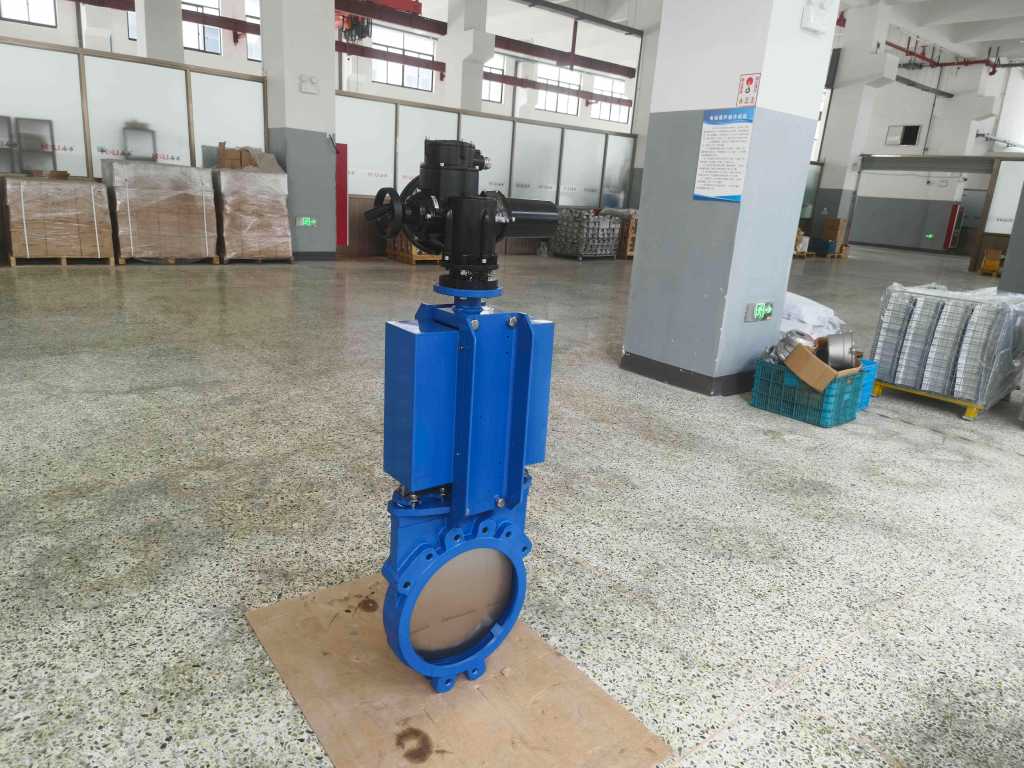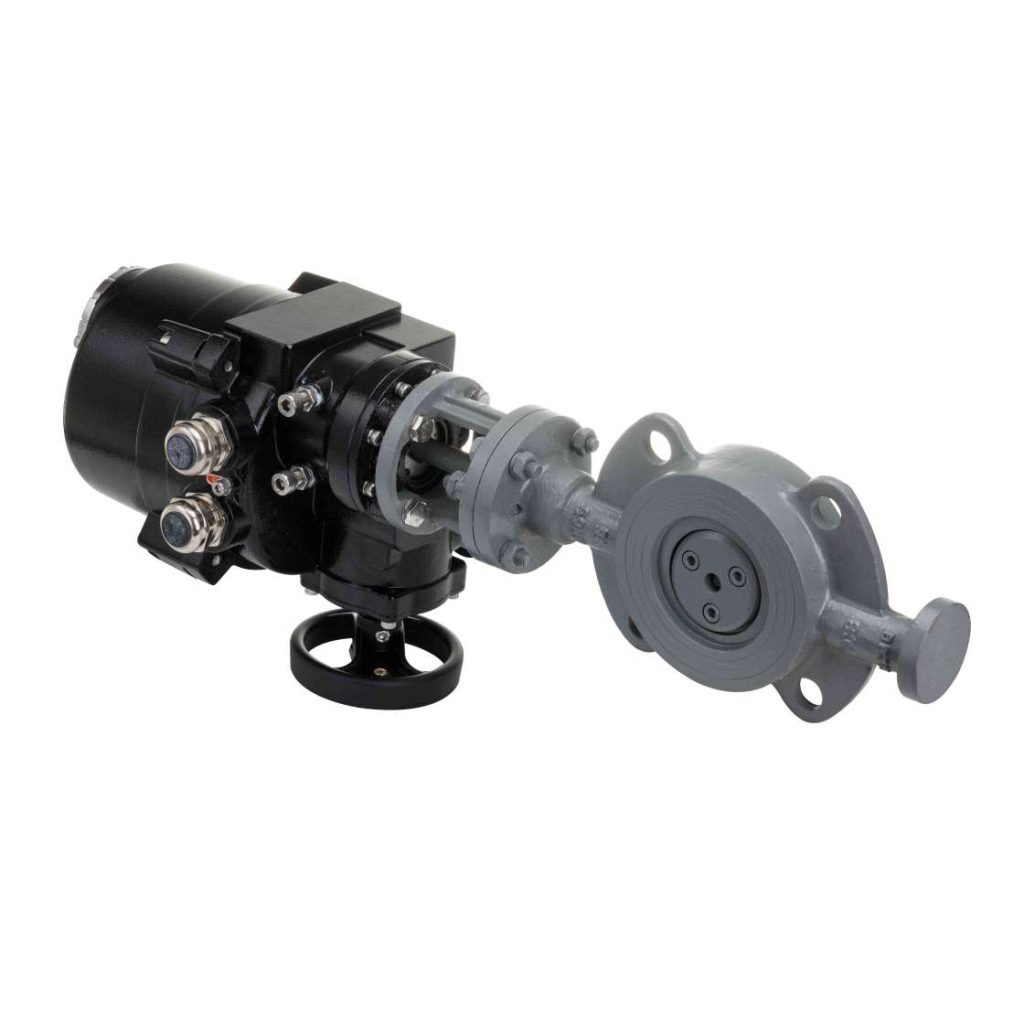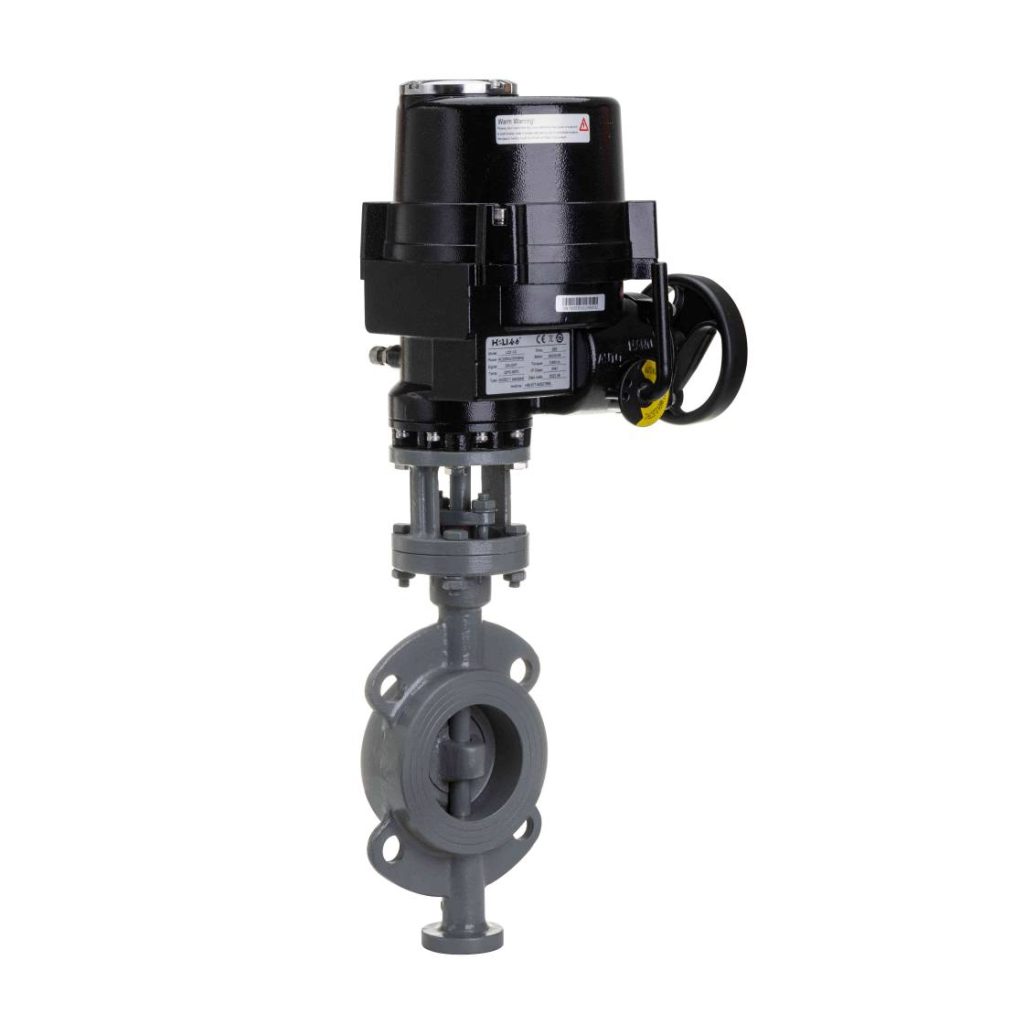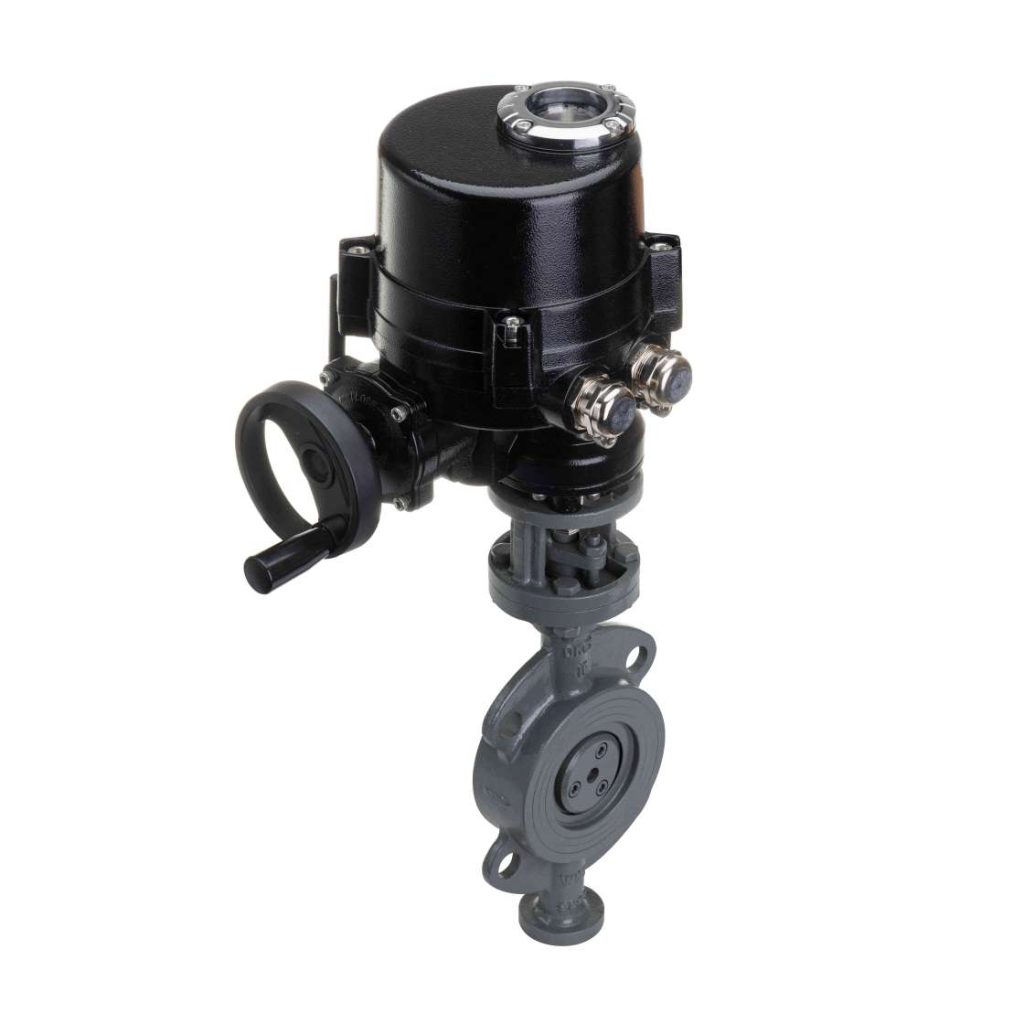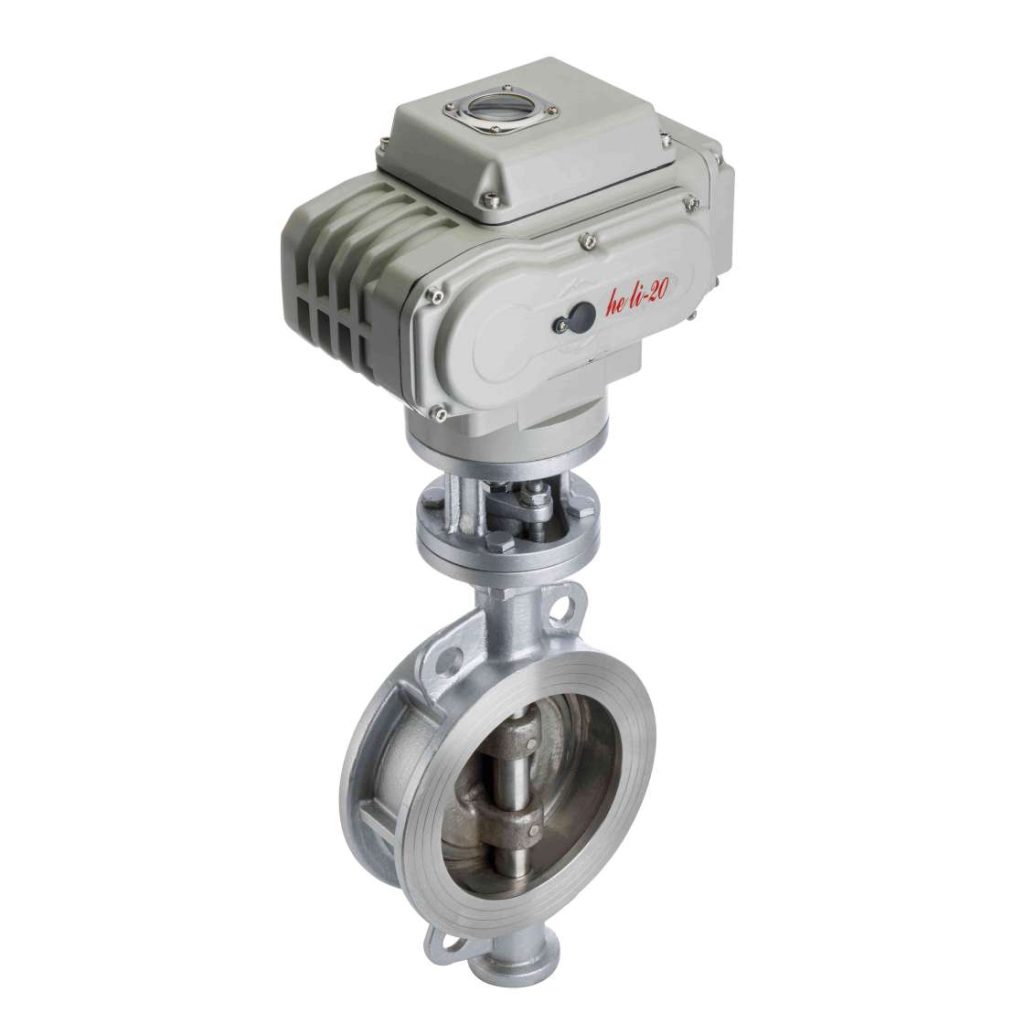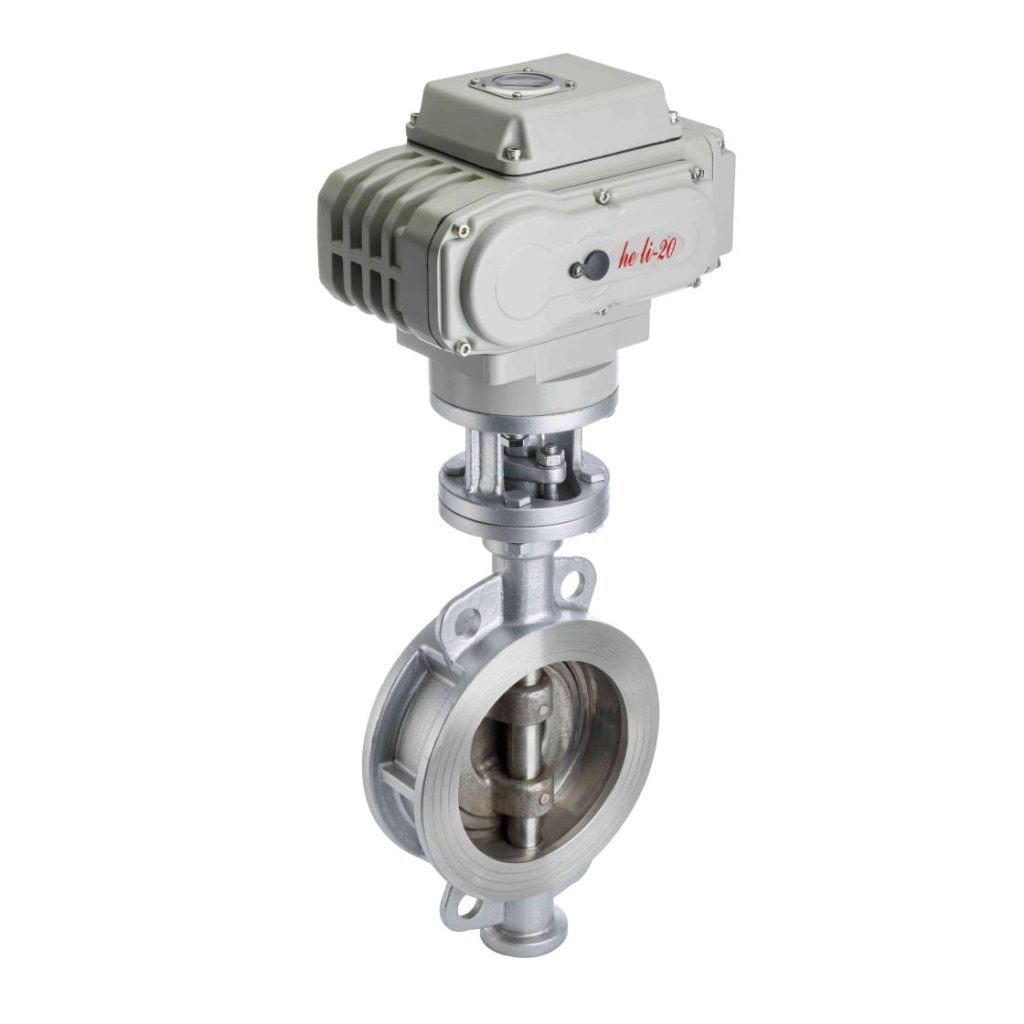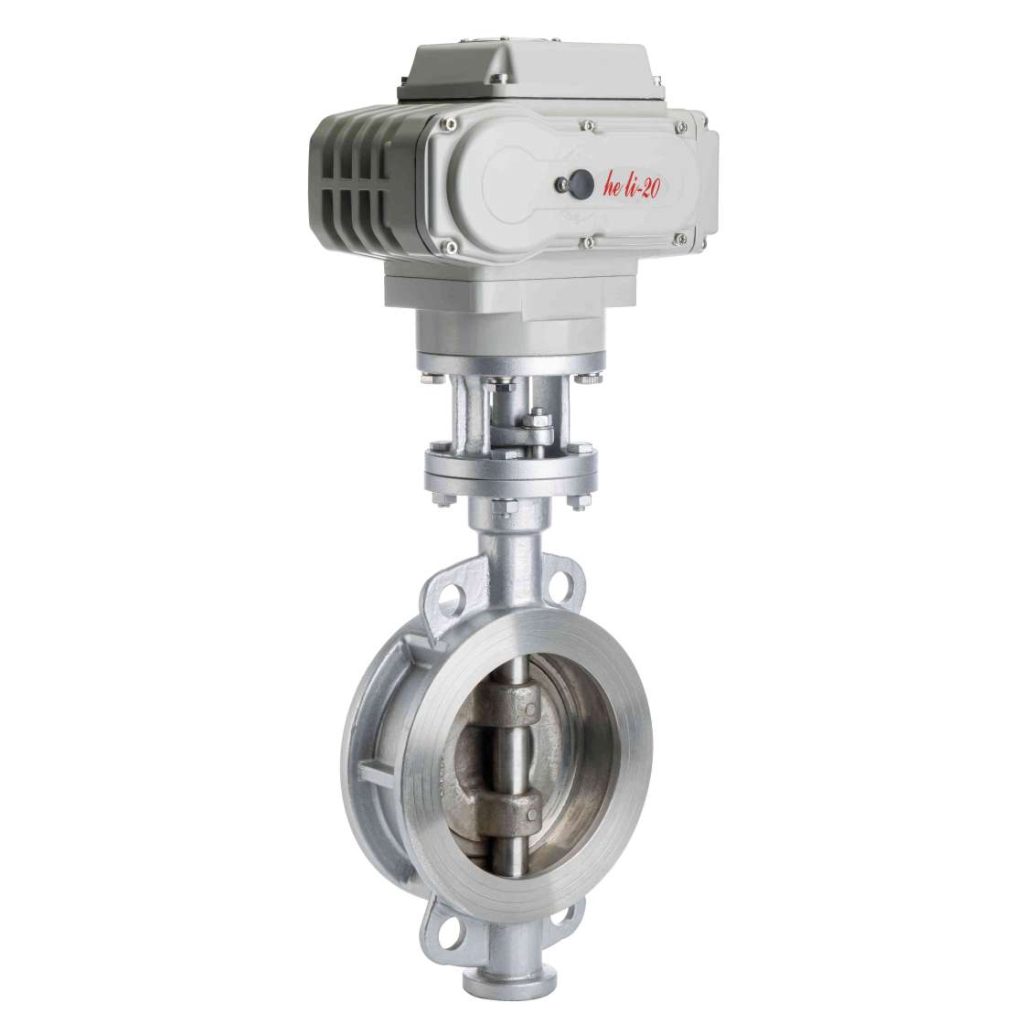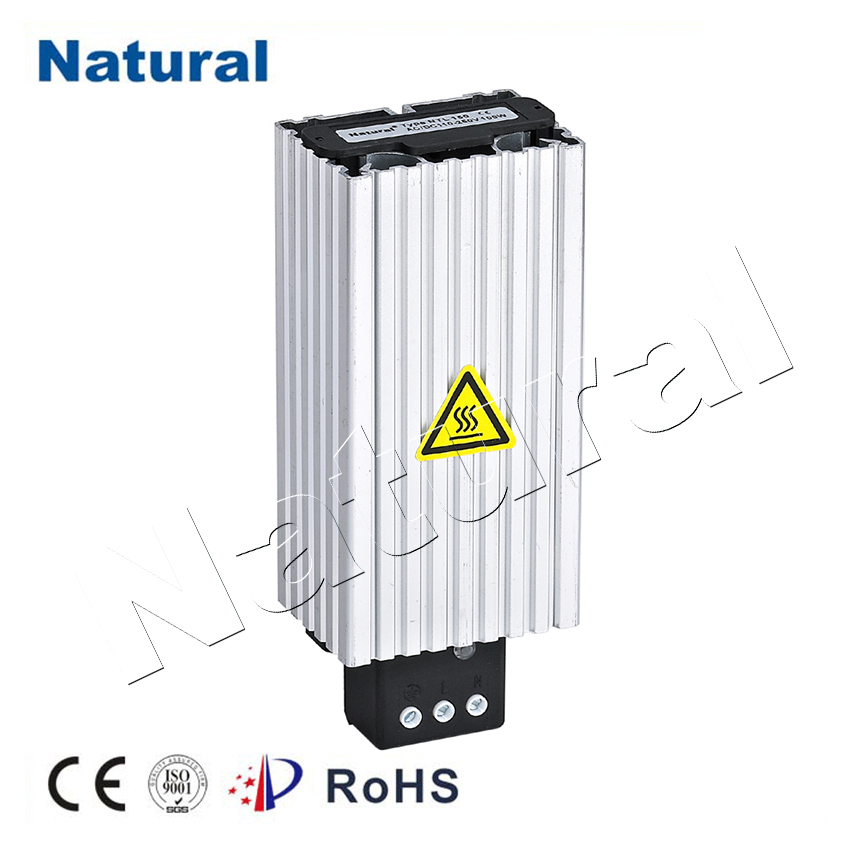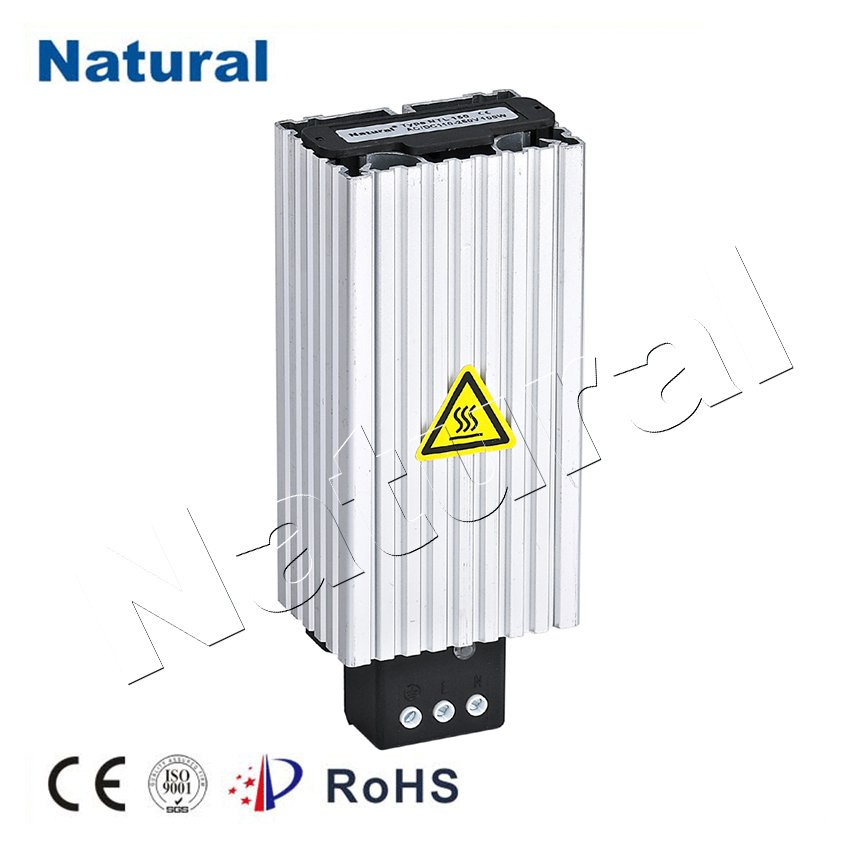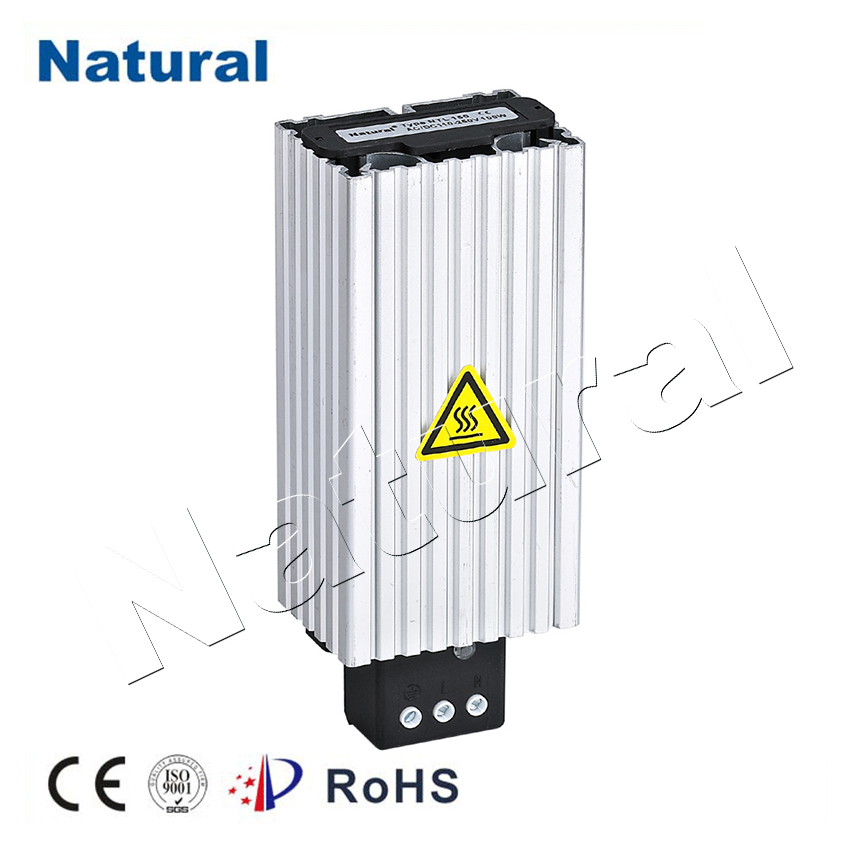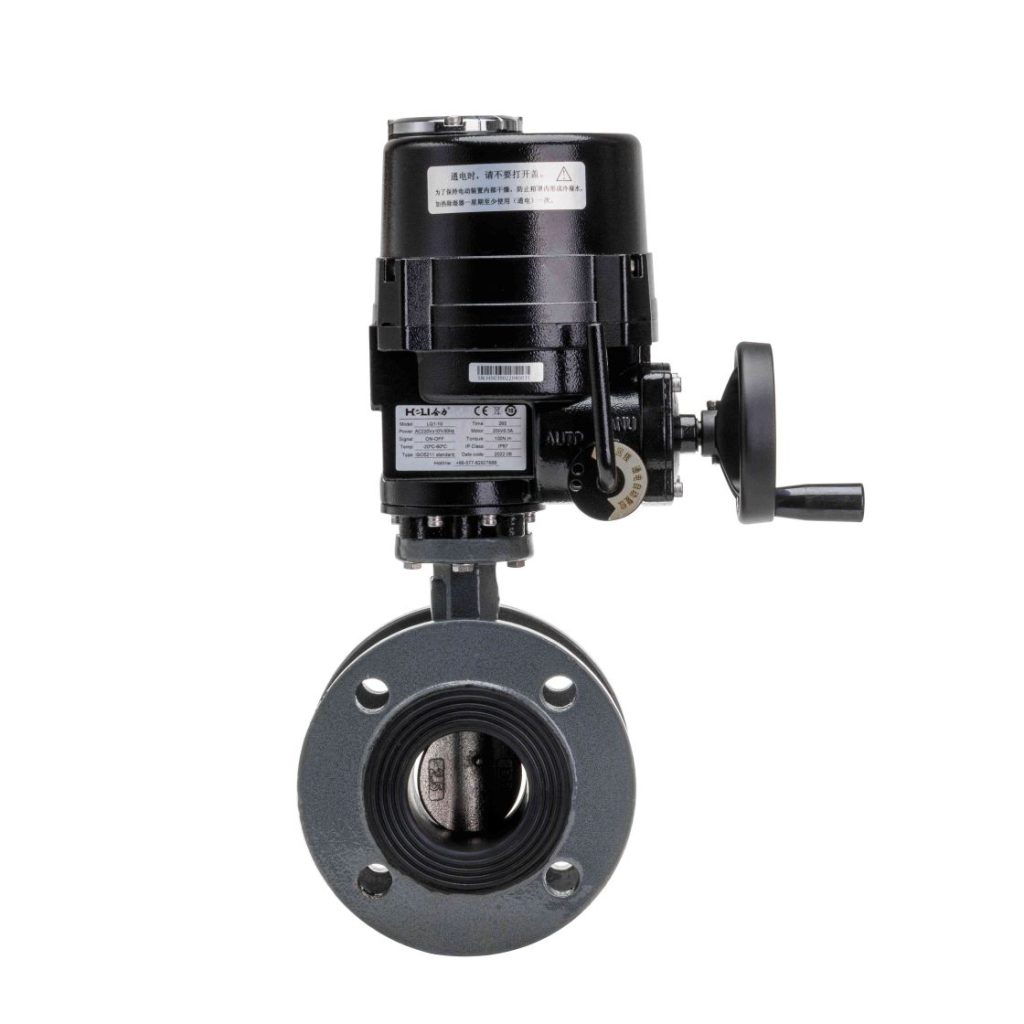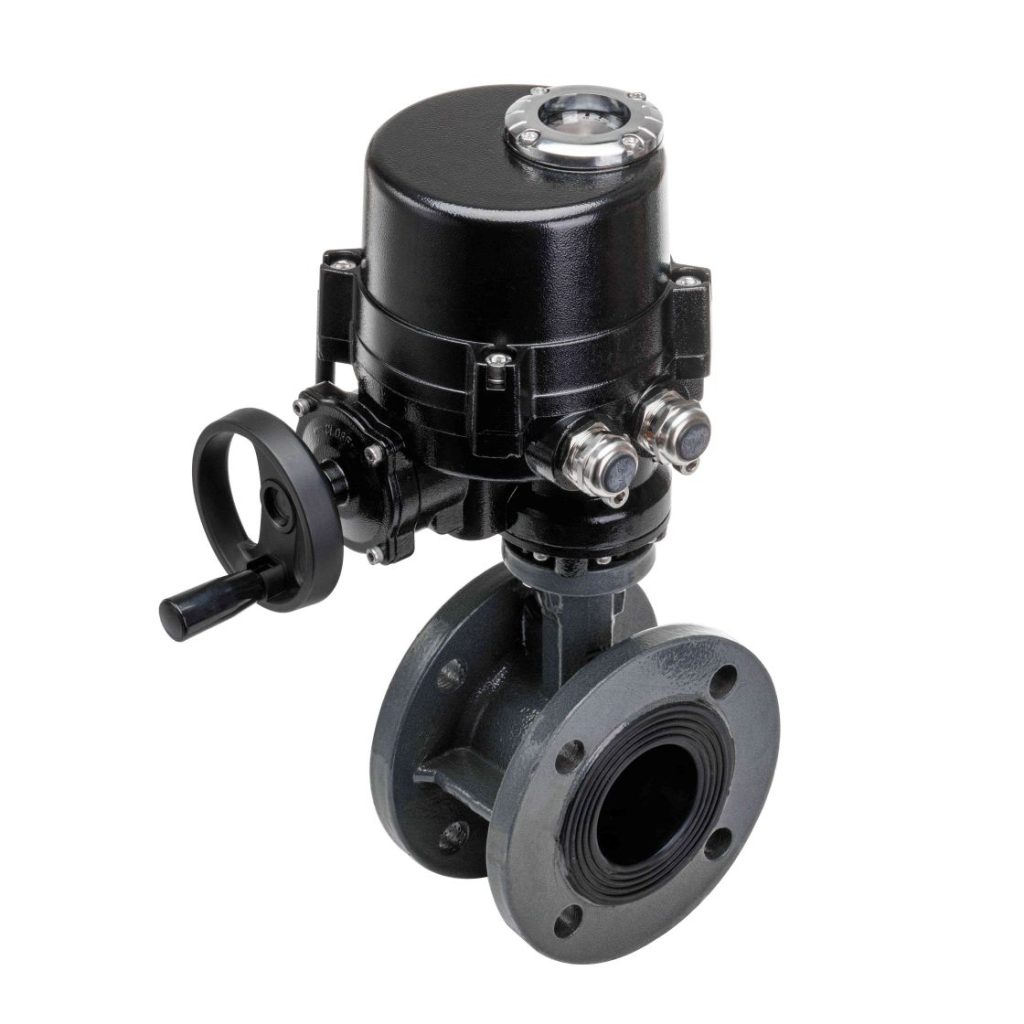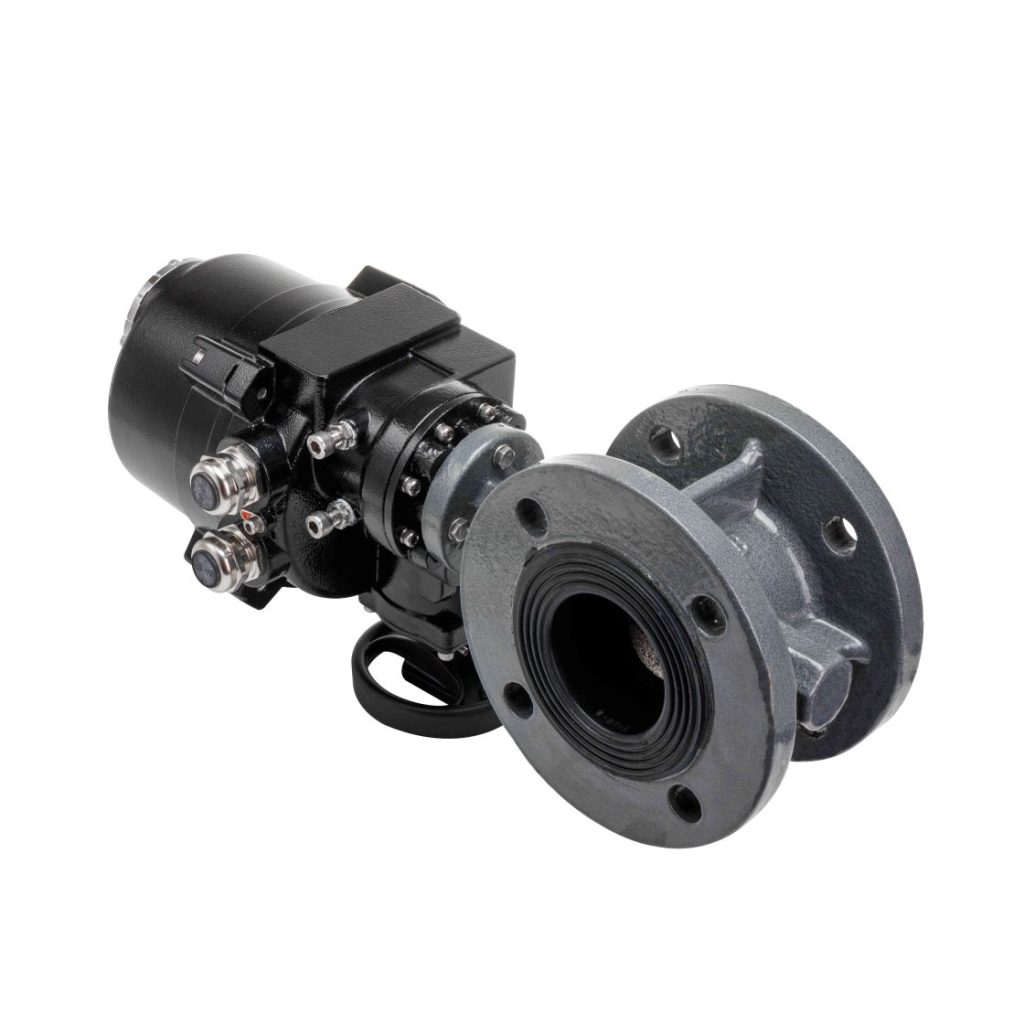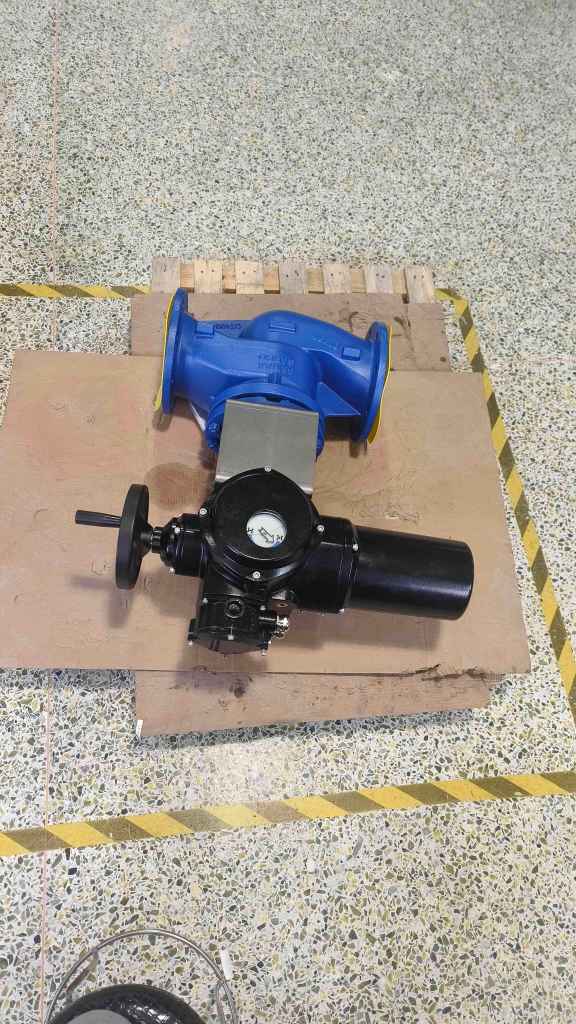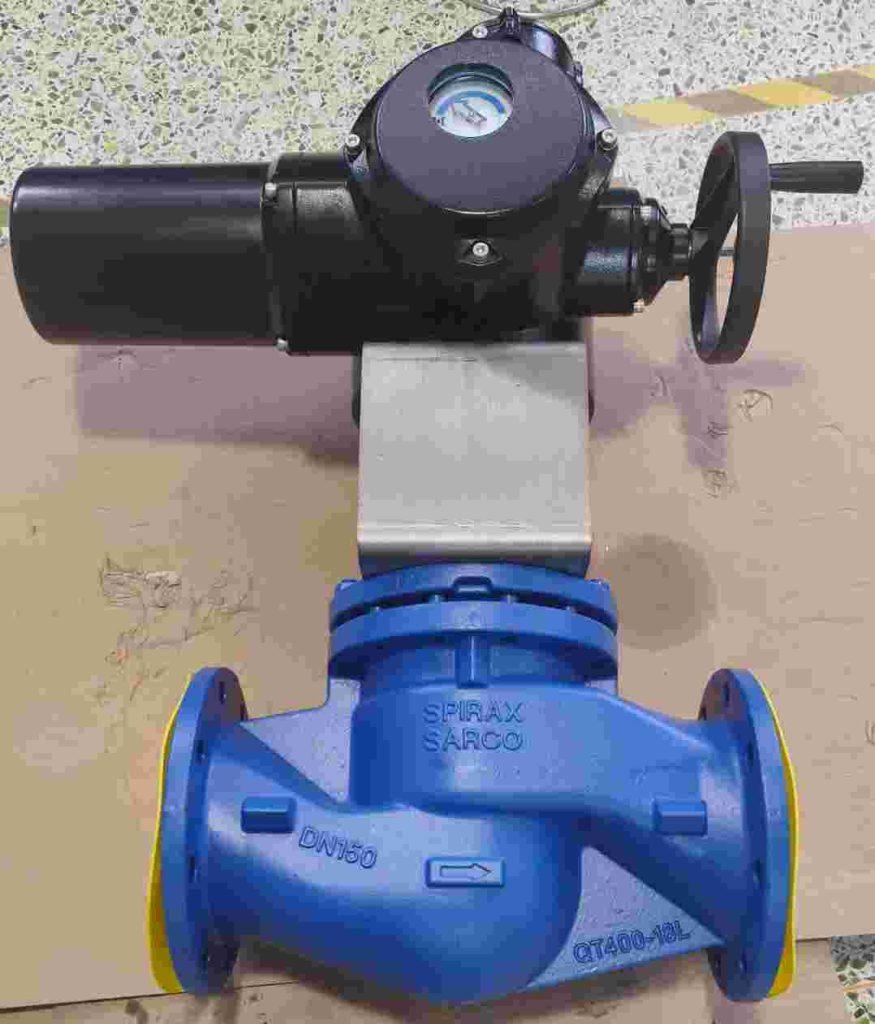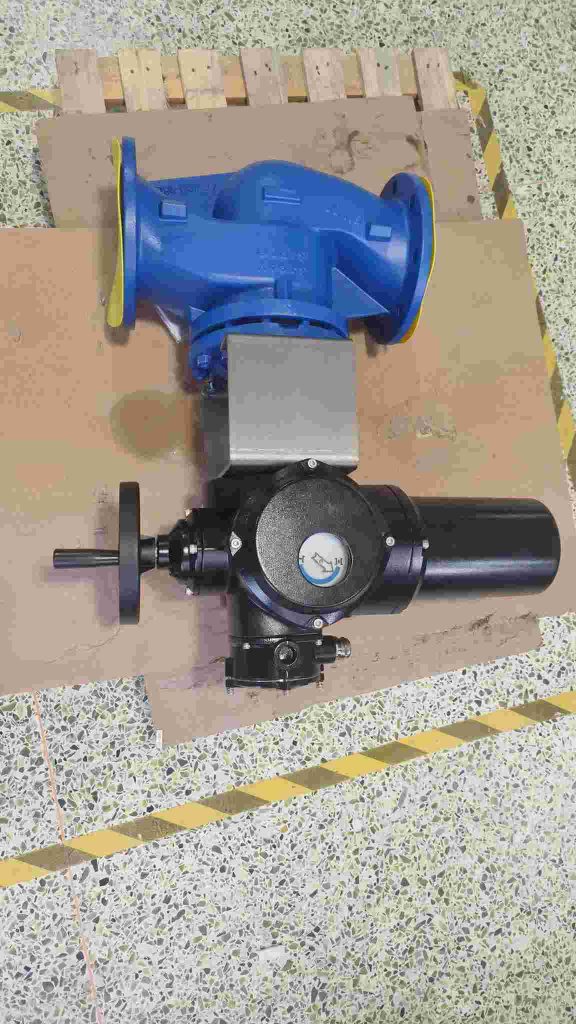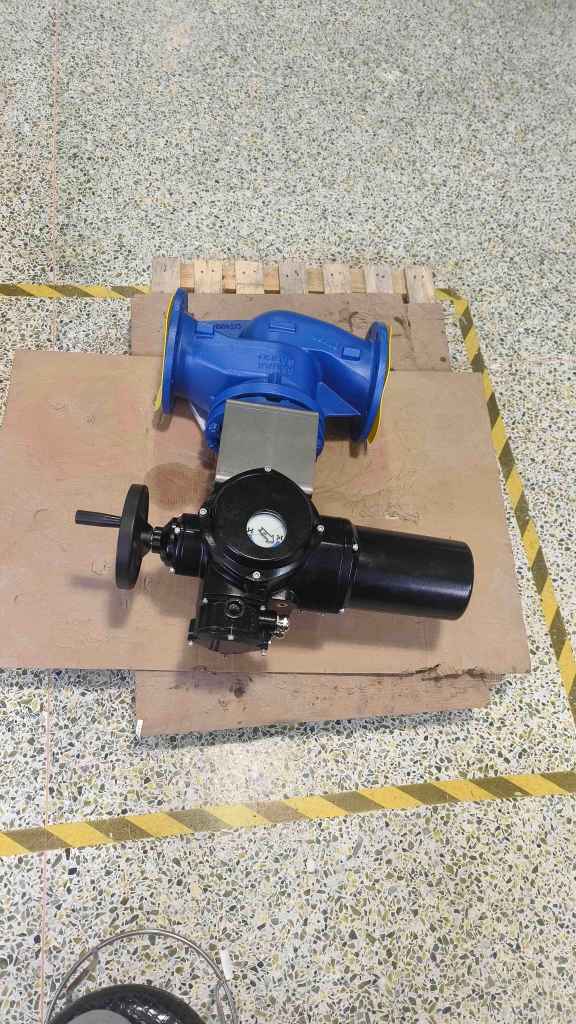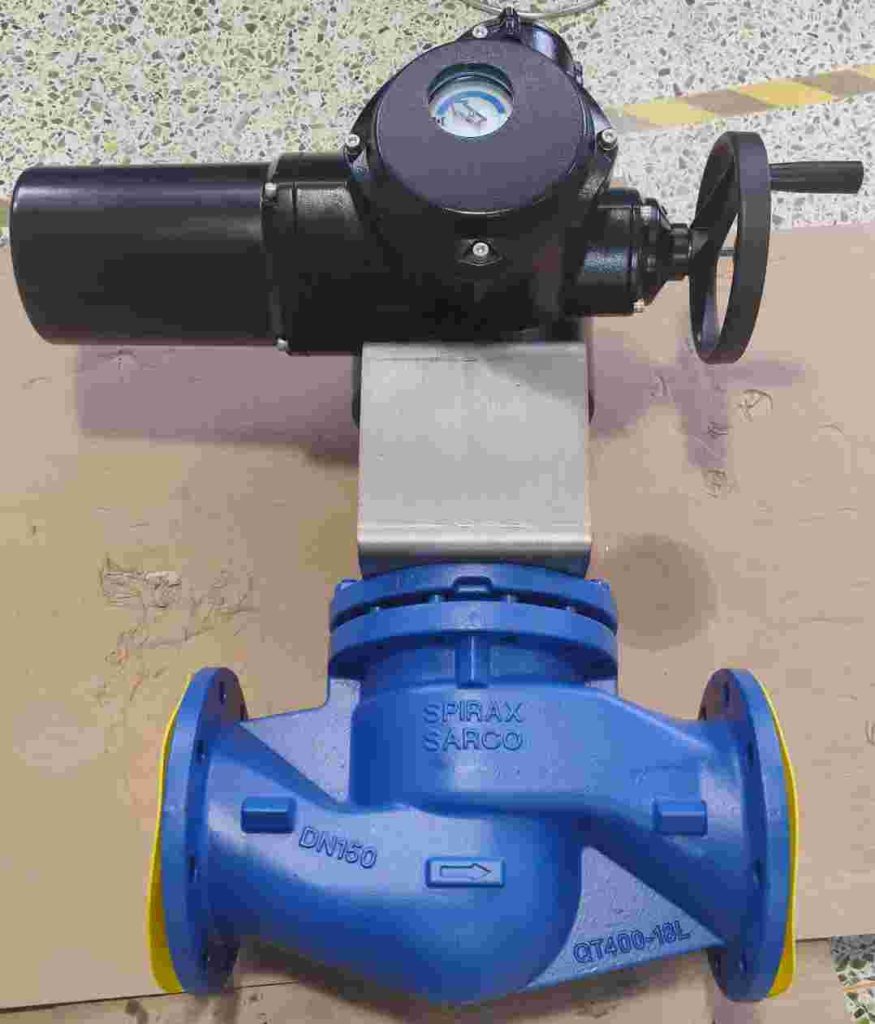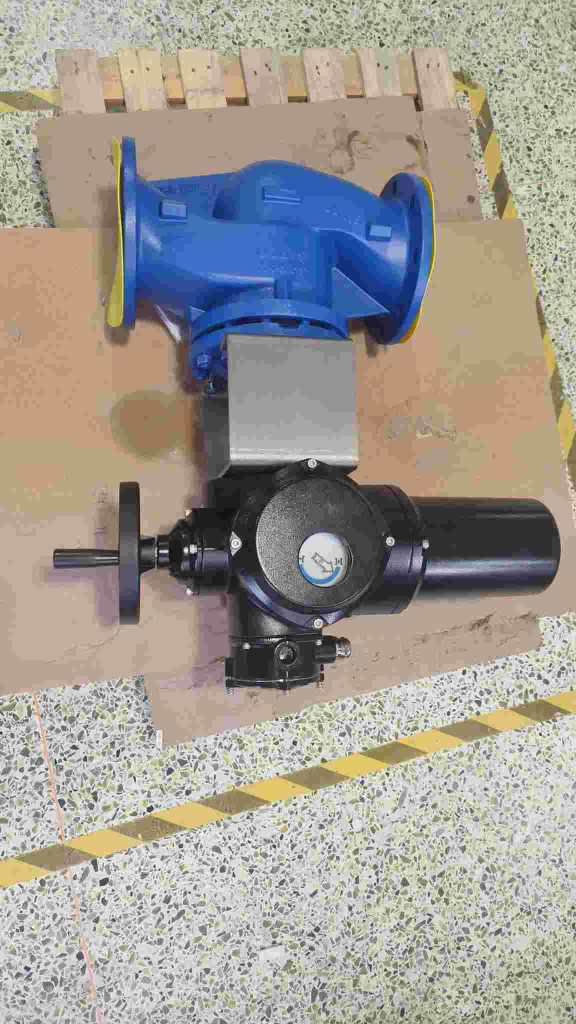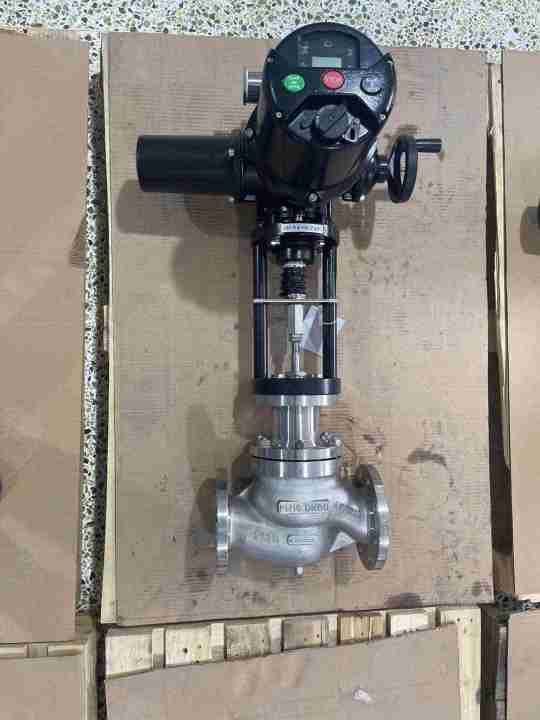Pneumatic actuators are essential components in various industrial automation systems, widely used for converting compressed air into mechanical motion. These devices rely on pressurized gas to create linear or rotary motion, playing a crucial role in applications ranging from valve control to robotic arms. In this article, we will explore the fundamental working principles, types, and applications of pneumatic actuators to better understand their significance in modern industries.
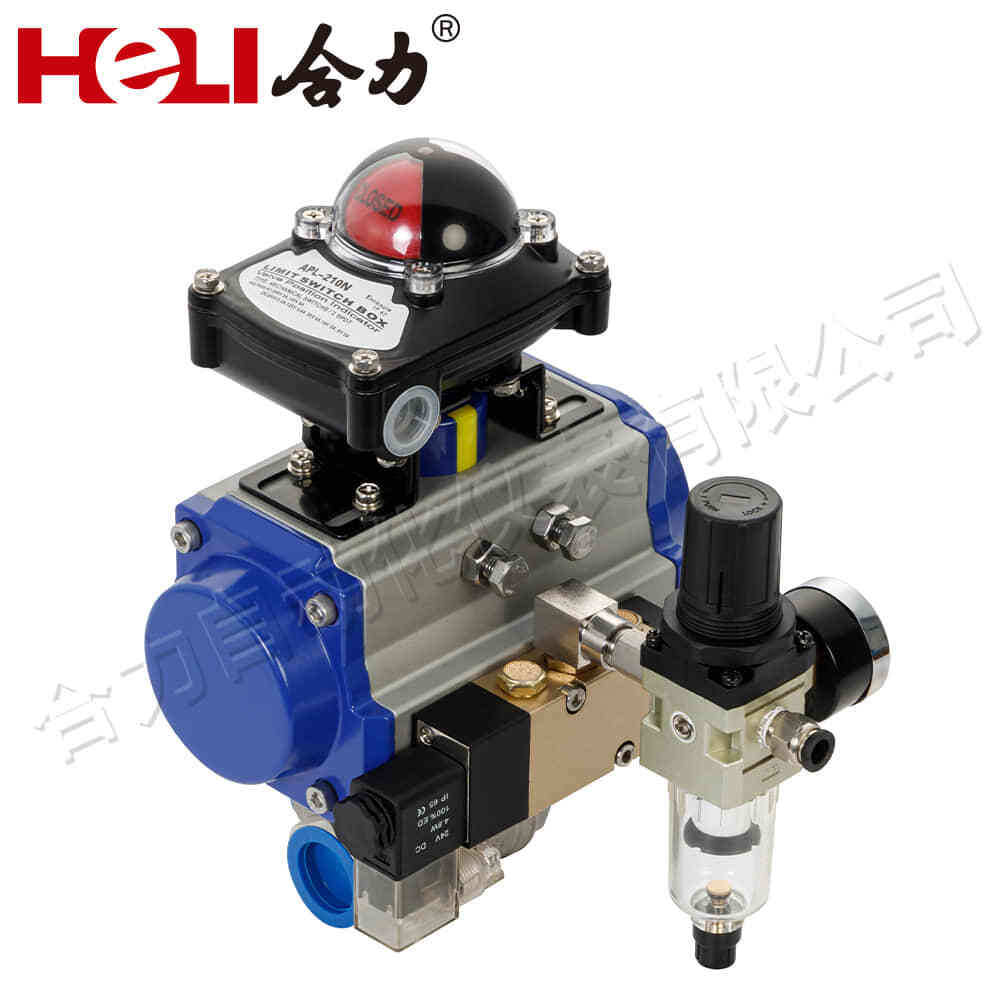
What is a Pneumatic Actuator?
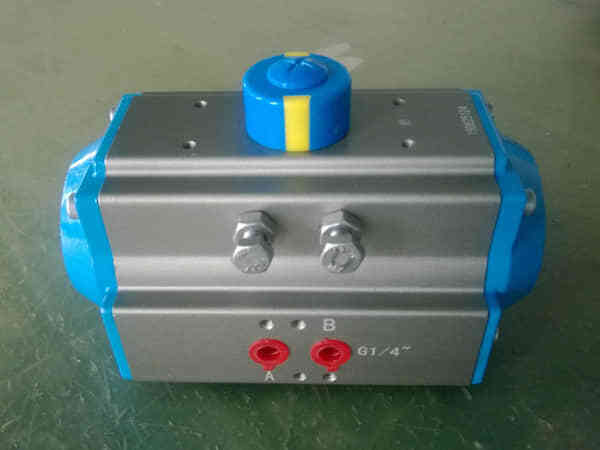
A pneumatic actuator is a mechanical device that uses compressed air to generate motion. This motion is often used to control machinery, regulate valves, or perform other industrial functions. The actuator consists of a cylinder, piston, and a mechanism to control the flow of air, resulting in either linear or rotational movement depending on the actuator’s design. By controlling the pressure and flow of the compressed air, the actuator can be made to push, pull, or rotate with great precision. The use of pneumatic actuators dates back to the early days of industrial automation. They are preferred for their speed, simplicity, and cost-effectiveness, especially when high power output and rapid movement are required. Pneumatic actuators can be controlled by specialized valves, sensors, and controllers, allowing precise and efficient automation in various processes.
